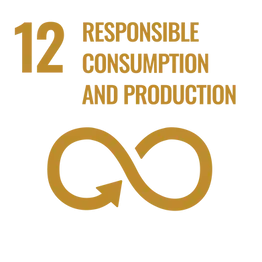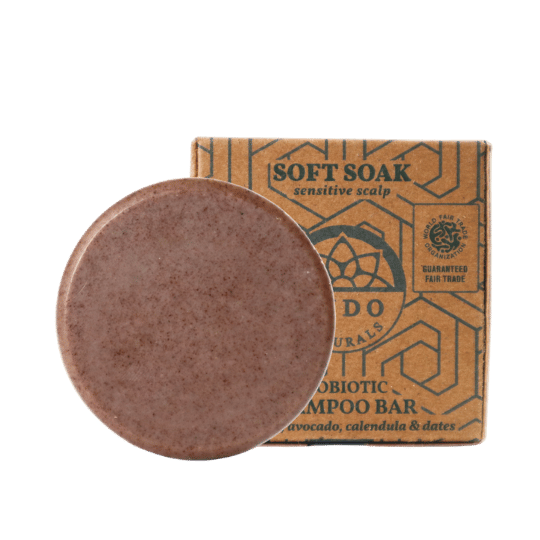The Story of our Dish Brushes
- Indo Naturals
- Feb 21, 2023
- 5 min read
Updated: Mar 24, 2023

Conventional kitchen brushes made from plastics can almost never be recycled, and many will only last for a couple of months before the bristles bend. The plastic might also release toxic chemicals and shred microplastics into the wastewater systems which eventually reach waterbodies and the oceans. That's why we wanted to create dishwashing brushes made with natural and degradable materials, that last for a long time while being a joy to use, and look great in the kitchen.
We are very excited to be giving you our coconut coir and mango wood brushes! They are made ethically on the southern tip of India in the Kanyakumari district by a production partner that provides training and employment in the local village area, in the mids of a natural abundance of coconuts. The vision is to create clusters of small local brush makers who utilize local coconut, palmera nuts, and responsibly sourced wood in creating natural and long-lasting brushes.
Product Development
Our main focus when designing the brushes was a high level of functionality, durability, and minimalistic, pleasant design for modern kitchens and busy everyday life.
The brush designs were developed in the local area of Indo Naturals' "headquarters" at the half Island called Nesodden. A place with many people with a keen interest in ecology and sustainability. The project was supported by the local municipality as a green entrepreneurial initiative and conducted in partnership with Anja Stang, the founder of the green online magazine Greenhouse, the local cafe Hellviktangen, as well as the local eco-shop Røtter.
It was a thorough task of developing the products since it was in the middle of the Covid-19 pandemic. The partner producer faced most of the challenges in southern India. Yet, they managed to fight through the struggles while we stayed patient in Norway and used the production delays to perfect the design.
Raw Materials
The main raw material used in the brushes is coconut coir. A sturdy brush bristle material that is entirely vegan, renewable and naturally available in abundance. It is also partly a waste material as it comes from the coconut husk which is a by-product from the coconut oil industry. The coconut coir is handled by local artisans who follow the natural and traditional methods of retting. The coir bristles for the brushes are made locally by soaking the husk in water and cleaning them repeatedly until the quality is up to par. They are then processed in mills where the husk is beaten in the machines before being combed by hand and used in the brushes.
The handles are made using a mango tree. The mango tree is ecologically a low-risk timber and the wood mainly comes from the fruit industry. In this industry, the mango trees are cut down every 7-15 years as the trees reach maturity and no longer produce as many fruits. Instead of discarding this wood, it can be used to make products. It is a durable yet lightweight hardwood that is easy to carve, does not crack easily, and does well in moist conditions with its moist resistant properties.
Production
According to the Human Development Report (HDR) 2020, only one in five Indians in the labor force is “skilled”, while women account for only 19.9% of the total labor force in India. In cooperation with local rural development organizations and government development schemes, our producer for the coconut coir brushes engages in the skilling of the local unskilled workforce with the goal of helping them get better livelihoods. The focus is on training unskilled women from marginalized backgrounds. This helps strengthen women's position in the community by helping them to become part of a skilled workforce, gain a sense of self-accomplishment, and create the ground for them to achieve economic independence.
The producer cannot employ all the workers they help, however, by encouraging and supporting them in finding local micro-finance schemes and other support opportunities available for them, the producer intends to help them create their own production units, thus creating a cluster of small units. For example, by engaging in local women's self-help groups. The women from self-help groups that get training from the producer get better credit opportunities in the local microfinance scheme after the skilling. This helps marginalized groups get started with their own ventures.
The vision is to create a cluster of small rural brush-making units. The process consists of a mix between machine production and hand-making the products. Modern machinery helps create an effective workflow while reducing energy use. Only natural materials are used in the process, and the technique used creates brushes that last for a long time.
The brush-making has several steps. First, the wood is shaped into the brush handle. This is done by machine and hand combined. While the handles are being made, the coir is being stacked, cleaned, and prepared to be added to the brush. After this, a manually handled brush machine is used to create the holes for the coir to go into and to fix it with small steel pins. This results in long-lasting all-natural brushes free from any synthetic coating. To make sure the brush last for longer, the handles are coated with linseed oil.
ENVIRONMENTAL IMPACT
The sourcing and production is done from the local area only using natural materials. The brushes are made to last for a long time, helping to reduce consumption for the consumer. Since only natural materials are used, the brushes could be discarded in nature without any harm. Additionally, by using renewable coir and responsibly sourced wood, materials that might if not utilized, end up as waste, the local environment is respected and cared for.
UN Sustainable Development Goal

By using only natural materials that can be discarded without any environmental harm as well as responsible sourcing of wood, this project contributes to target 12.5 "By 2030, substantially reduce waste generation through prevention, reduction, recycling and reuse"
SOCIAL IMPACT
Most of the workers employed by the producers are young adults and women. They all come from the local area to develop their skills and livelihood. In addition, the producers work together with local rural development organizations and government development schemes to provide training to marginalized groups and support them in finding livelihood opportunities.
The area is unfortunately prone to natural disasters, which are likely to increase with climate change. In 2004, a disastrous tsunami hit the region causing massive destruction and many deaths. Building up resilient communities through rural development and livelihood opportunities through economic activities that can withstand natural disasters is essential in mitigating the consequences of the next natural disaster hitting the community.
UN Sustainable Development Goal

By employing and skilling marginalized groups, and collaborating with local schemes to create livelihoods and build resilience within the local community, this project has contributed to target 8.8, "Protect labour rights and promote safe and secure working environments for all workers, including migrant workers, in particular women migrants, and those in precarious employment"
Livelihoods impact: 17 people from the local villages















































